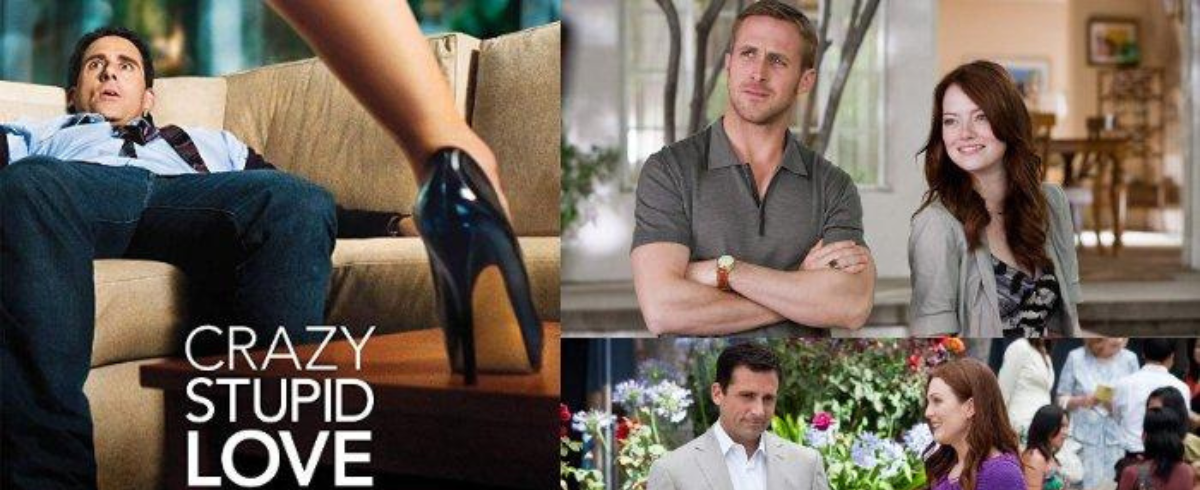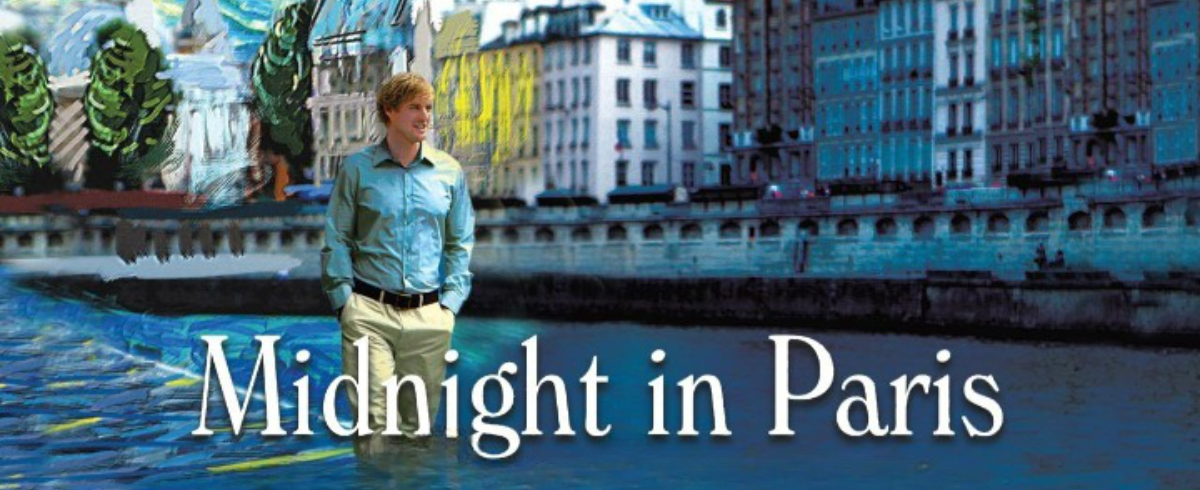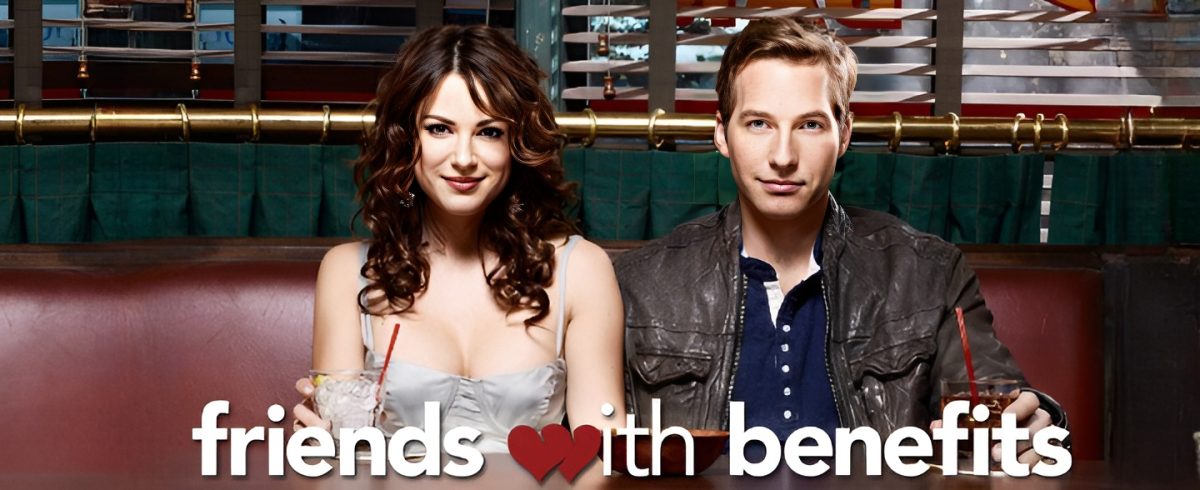Month: August 2011
The Ultimate Startup: Creating a New Country
My good friend Auren Hoffman posited that existing nation states would benefit from a little bit of creative destruction and competition to maximize the welfare of their “customers“.
In light of the importance of governance on countries’ economic success I wholeheartedly agree. Bad governance has repeatedly destroyed countries or slowed their growth. We have had many dramatic examples from Mugabe’s destruction of Zimbabwe over the last 15 years to Argentina’s decline from one of the richest countries on a GDP per capita basis to a poor country over the course of the 20th century due to the populist policies of Peron and his successors. The extent to which bad policies and politicians can impact economic outcomes is disheartening and I hope that current American politicians ponder the lessons of history!
While we were brainstorming the idea, we came across an interesting article in the Atlantic by Paul Romer which suggested that poor countries should have foreign run “charter cities” within their borders: http://www.theatlantic.com/magazine/archive/2010/07/the-politically-incorrect-guide-to-ending-poverty/8134/?single_page=true
While the specifics of his idea don’t feel right – I loved the example of Henry the Lion who created a merchant’s Mecca out of Lübeck and transformed it from a backwards city in a failed region with a “bad-governance equilibrium” into a resounding success through light taxation and regulation:
“Onerous taxes and trade restrictions were ruled out; merchants who settled in Lübeck would be exempt from duties and customs throughout Henry the Lion’s lands, which stretched south as far as Bavaria. The residents of Lübeck were promised fair treatment before the law and an independent mint that would shelter them from confiscatory inflation. With this bill of rights in place, Henry dispatched messengers to Russia, Denmark, Norway, and Sweden. Merchants who liked the sound of his charter were invited to migrate to Lübeck.
The plan worked. Immigrants soon began arriving in force, and Lübeck became the leading entrepôt for the budding Baltic Sea trade route, which eventually extended as far west as London and Bruges and as far east as Novgorod, in Russia. Hundreds of oaken cogs—ships powered by a single square sail—entered Lübeck’s harbor every year, their hulls bursting with Flemish cloth, Russian fur, and German salt. In less than a century, Lübeck went from a backwater to the most populous and prosperous town in northern Europe. “In medieval urban history there is hardly another example of a success so sudden and so brilliant,” writes the historian Philippe Dollinger.
Perhaps the only thing more remarkable than Lübeck’s wealth was the influence of its charter. As trade routes lengthened, new cities mushroomed all along the Baltic shore, and rather than develop a legal code from scratch, the next wave of city fathers copied Lübeck’s charter, importing its political and economic liberties. The early imitators included the nearby cities of Rostock and Danzig, but the charter was eventually adopted as far afield as Riga and Tallinn, the capitals of modern Latvia and Estonia. The medieval world had stumbled upon a formula for creating order out of chaos and prosperity amid backwardness. Lübeck ultimately became the seat of the Hanseatic League, an economic alliance of 200 cities that lasted nearly half a millennium.”
Paul Romer’s idea, while intriguing, does not feel right because in our nationalistic world sovereignty and land ownership are explosive issues. Creating cities with new foreign-run rules might solve the trust and credibility problem that many developing countries face as well as attract investments and jobs if people felt the charter would hold. However, it does not seem likely that countries would be willing to lease chunks of their land to foreign powers. The Madagascar example suggests it’s not likely to happen. Besides, Lübeck did not have foreign rule. There is no way Henry the Lion would have let a foreign ruler take charge.
I suspect that a large purchase of land from a poor country in an unpopulated area, most likely in Africa, might work if the new country’s sovereignty could be enforced.
I look forward to seeing some experimentation on the idea in the future!
Non sequitur: One of Paul Romer’s research papers in the early 90s was the inspiration for my junior paper at Princeton: Tariff Policy with Differentiated Products. Mathematically inclined readers wishing to assuage their curiosity can check it out 🙂
Help me fix online dating!
Over the years I have tried out various distribution channels in order to find potential dates, be they offline (introductions from friends, parties, etc.) or online. Online, I have tried pretty much every single site there is to try: eHarmony, Meetic, Lavalife, Matchmaker, Craigslist, OkCupid, Match, Adult Friendfinder and many more, with varying success.
Some online sites have proven to be too much work to be worth it (e.g. Craigslist or Adult Friendfinder), while others just made introductions to grossly incompatible people (eHarmony). I did meet fantastic girls on Match which led to some of my longest and most successful relationships, but even there the process is overly arduous.
Somehow on a flight back from a conference with my friend John Myers we hit upon the topic of our respective frustrations with online dating and decided to break down the issues we observed:
- Attractive girls receive way too many emails, most of which are from bad matches
- Most personal essays are generic and do not capture the real depth of someone (e.g.; in New York everyone seemingly “works hard and plays hard”), and descriptions are not objective: everyone describes themselves as being smart and attractive – so the software can’t do the work of separating the wheat from the chaff because it doesn’t have enough real world data to be able to do so
- Filling profiles out takes too long
- There is no effective way to introduce friends to each other the way people have done since Jane Austen
We started wondering if there was a way to address those issues and here is what we came up with:
- Let users define what they are looking for in a match and the importance of each of the criteria (granted it assumes you know what you are looking for; later on we could always add a more sophisticated layer which learns what you unconsciously want)
- Crowd source the ratings of various users by having friends recommend/rate each other anonymously (to prevent the incentive to lie to flatter your friends) and without anyone ever knowing the ratings, which are all kept hidden inside the app so no-one can ever be upset
- Have an algorithm match people based on what each other is looking for based on their average rating from their friends (without disclosing those ratings), which should give a much more objective/accurate match
In other words, give people very few, high quality matches with the need to go to the site only if there is a match so it does not feel like work.
Given the social components, John & I decided to build a Facebook application: Find The One. It actually does everything we described above and we even spend a few thousand dollars marketing it, but it’s not taking off.
Given the current Facebook restrictions on virality, we don’t seem to be able to ignite usage (though we might have missed obvious strategies Facebook experts might be more familiar with). Maybe we limited user interactions too much and did not build enough of a gaming or fun component into the application.
In other words, this is a cry for help to all of you. We would love to get your thoughts, feedback and contribution!
At this point we are doing this out of intellectual curiosity – we would be satisfied to create something that makes a difference and have no expectation of monetizing the application.
Crazy, Stupid, Love is Genuine, Funny, Heartfelt!
Crazy, Stupid, Love is a fun, romantic comedy for adults. It’s unabashedly sweet, yet effectively deals with matters of the heart: from lost passion and romance for a married couple (Steve Carell & Julianne Moore), to unrequited love by Steve’s son, and to the games and antics of modern day dating, personified by a womanizer played by Ryan Gosling.
Interestingly enough, the whole movie is really about honesty and integrity. I loved the dedication of both Steve Carell and his son to getting their soul-mates and the patience both are willing to have if it is not what the women want. Marisa Tomei’s being so turned on by a man’s honesty was a sad yet true comment on today’s dating world where people need to cut through all the games and false portrayals used to get people into bed. In a way it’s not a surprise that Ryan Gosling, the “player,” falls in love when a girl is finally honest with him and vice versa. (She (Emma Stone) is also the only girl the audience sees who originally rejects his advances.)
As a slight non sequitur, Steve’s son played by Jonah Bobo is both incredibly cute and profound as an 8th grader in love with his babysitter (who of course is, in turn, in love with Steve Carell).
This movie does not quite soar to the heights of a movie like As Good as it Gets: it’s a bit disjointed, has too many side plots and the Emma Stone / Ryan Gosling relationship is not developed enough, but it’s a whimsical, touching and highly enjoyable romantic comedy.
Go see it!
Midnight in Paris is tons of fun!
I recently had the opportunity to see Woody Allen’s latest movie, Midnight in Paris, and very much enjoyed it. The underlying concept of longing for the better days of a foregone era was very well portrayed. I really looked forward to seeing which new amazing characters Gil (Owen Wilson) was going to meet every night. I particularly loved the representations of Zelda Fitzgerald (Alison Pill), Ernest Hemingway (Corey Stoll), Salvador Dali (Adrien Brody) and Gertrude Stein (Kathy Bates) who were exactly as I imagined they would be!
My only criticism concerns the casting of Owen Wilson as Gil. I just can’t see him as a thoughtful writer. Moreover, he copied (probably deliberately) Woody Allen’s mannerism which I also found grating (though I know several older people who loved his “younger Woody Allen” acting). I also found it funny, that the most unbelievable thing in the movie is the relationship between Inez (Rachel McAdams) and Gil. They are clearly so incompatible that it’s inconceivable they would be engaged – and makes time traveling at midnight back to 1920s Paris very realistic by comparison.
You won’t be disappointed if you are in the mood for a charming, sweet and sentimental movie!
Friends with Benefits is well worth seeing
Granted, I am partial to the genre, especially smart rom coms like As Good as it Gets, Something’s Gotta Give, Serendipity, Easy A and How to lose a guy in 10 days. While it does not soar to the heights of those movies, Friends with Benefits is a worthy addition to the pantheon.
The first two thirds of the movie are fantastic as Justin Timberlake and Mila Kunis poke fun at the clichés of traditional rom coms with very sharp and quick witty dialogue. Unfortunately, the movie ends up falling prey to those very clichés, but it’s still very enjoyable and cute.
Next on the list: Midnight in Paris and Crazy, Stupid, Love.






